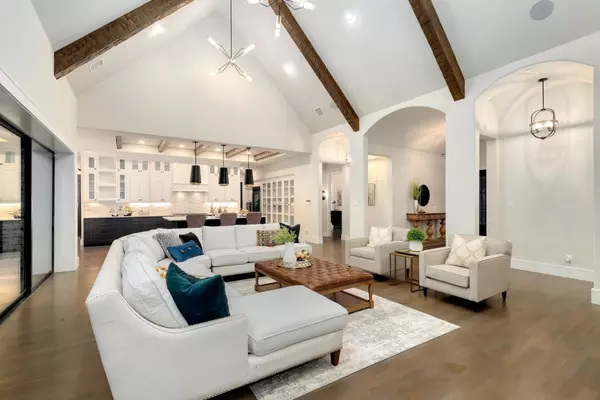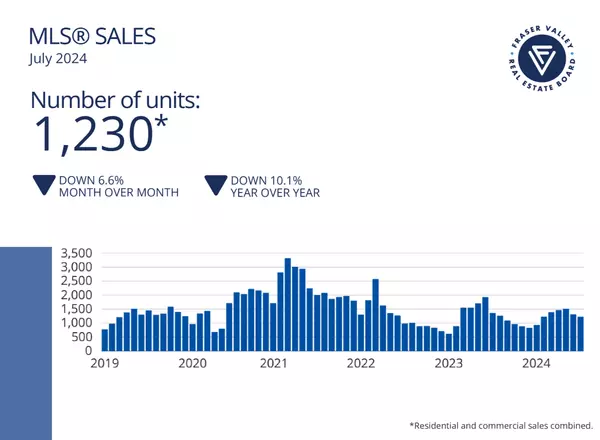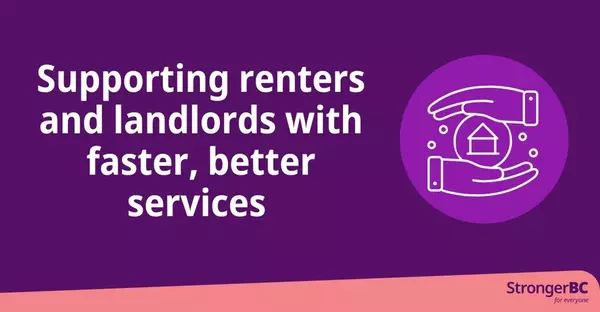Essential Tips for First-Time Home Buyers: A Guide to Your Dream Home

Buying your first home is a significant milestone, filled with excitement and anticipation. However, the process can also be overwhelming without the right guidance. As a first-time home buyer, it’s crucial to be well-prepared and informed. To help you on this journey, we’ve compiled a list of essential tips to make your home-buying experience as smooth and successful as possible.
1. **Understand Your Budget and Finances**
Before you start house hunting, it’s crucial to understand your financial situation. Determine how much you can afford to spend on a home by evaluating your income, expenses, savings, and debts. A good rule of thumb is that your monthly housing costs (including mortgage, taxes, and insurance) should not exceed 28-30% of your gross monthly income.
**Tip:** Use online mortgage calculators to get a ballpark figure of your potential monthly mortgage payments. Don’t forget to factor in additional costs like property taxes, homeowners insurance, and maintenance.
2. **Get Pre-Approved for a Mortgage**
A mortgage pre-approval is a letter from a lender stating how much you’re eligible to borrow. This process involves a thorough check of your financial background, credit score, and income. Getting pre-approved shows sellers that you’re a serious buyer and can give you an edge in a competitive market.
**Tip:** Shop around and compare rates from different lenders to find the best deal. Even a slight difference in interest rates can save you thousands over the life of your loan.
3. **Define Your Needs and Wants**
Make a list of what you need and want in a home. Needs are non-negotiables (like the number of bedrooms, location, or proximity to work), while wants are nice-to-haves (like a pool or a large backyard). Understanding these will help you focus on properties that meet your requirements and avoid getting distracted by features that are less important.
**Tip:** Be prepared to compromise. It’s rare to find a home that checks every box, so knowing your priorities can help you make decisions more easily.
4. **Research Neighborhoods and Locations**
The location of your home is just as important as the home itself. Research different neighborhoods to find one that suits your lifestyle and needs. Consider factors like school districts, safety, amenities, commute times, and future development plans.
**Tip:** Visit neighborhoods at different times of the day and week to get a sense of the area’s vibe and noise levels. Talk to local residents if possible to gather insights.
5. **Work with a Reliable Real Estate Agent**
A knowledgeable real estate agent can be an invaluable asset, guiding you through the entire home-buying process. They can help you find homes that match your criteria, negotiate on your behalf, and handle the complex paperwork.
**Tip:** Choose an agent who is experienced, knows the local market, and understands your needs. Don’t hesitate to ask for references or read online reviews.
6. **Be Prepared for Additional Costs**
The purchase price of the home isn’t the only cost you’ll need to consider. Be prepared for closing costs, which can include fees for appraisals, inspections, title insurance, and attorney fees. These typically range from 2% to 5% of the home’s purchase price. Additionally, set aside money for moving expenses, furnishings, and any immediate repairs or renovations.
**Tip:** Create a separate savings fund for unexpected expenses that may arise during or after the home-buying process.
7. **Don’t Skip the Home Inspection**
A home inspection is a critical step that shouldn’t be overlooked. It helps identify potential issues with the property, such as structural problems, faulty wiring, or plumbing issues. A thorough inspection can save you from costly repairs down the line.
**Tip:** Attend the inspection and ask the inspector questions. Use the inspection report to negotiate repairs or a lower purchase price if necessary.
8. **Be Patient and Stay Focused**
Buying a home is a significant decision, and it’s essential not to rush into it. The perfect home might not come along immediately, and that’s okay. Be patient and keep your long-term goals in mind.
**Tip:** Keep your emotions in check and avoid making impulsive decisions. It’s easy to get attached to a property, but make sure it aligns with your budget and needs.
9. **Review and Understand Your Contract**
Before signing any documents, ensure you thoroughly understand the terms and conditions of the purchase agreement. Don’t hesitate to ask your real estate agent or attorney to clarify anything that’s unclear. Make sure all agreed-upon terms, like repairs or contingencies, are included in the contract.
**Tip:** Pay attention to deadlines for inspections, appraisals, and other contingencies. Missing these could put your deposit at risk.
10. **Think Long-Term**
When buying a home, consider how long you plan to stay. This decision can impact the type of mortgage you choose and the features you prioritize. A home that fits your current lifestyle might not suit your needs in a few years if you plan to start a family or change jobs.
**Tip:** Look for a home that offers flexibility and room for growth. This can help you avoid the costs and hassle of moving sooner than expected.
Conclusion
Buying your first home is an exciting journey, and with careful planning and preparation, you can make it a successful and rewarding experience. Remember, the right home is out there, and by following these tips, you’ll be well on your way to finding it. Happy house hunting!
Categories
Recent Posts











